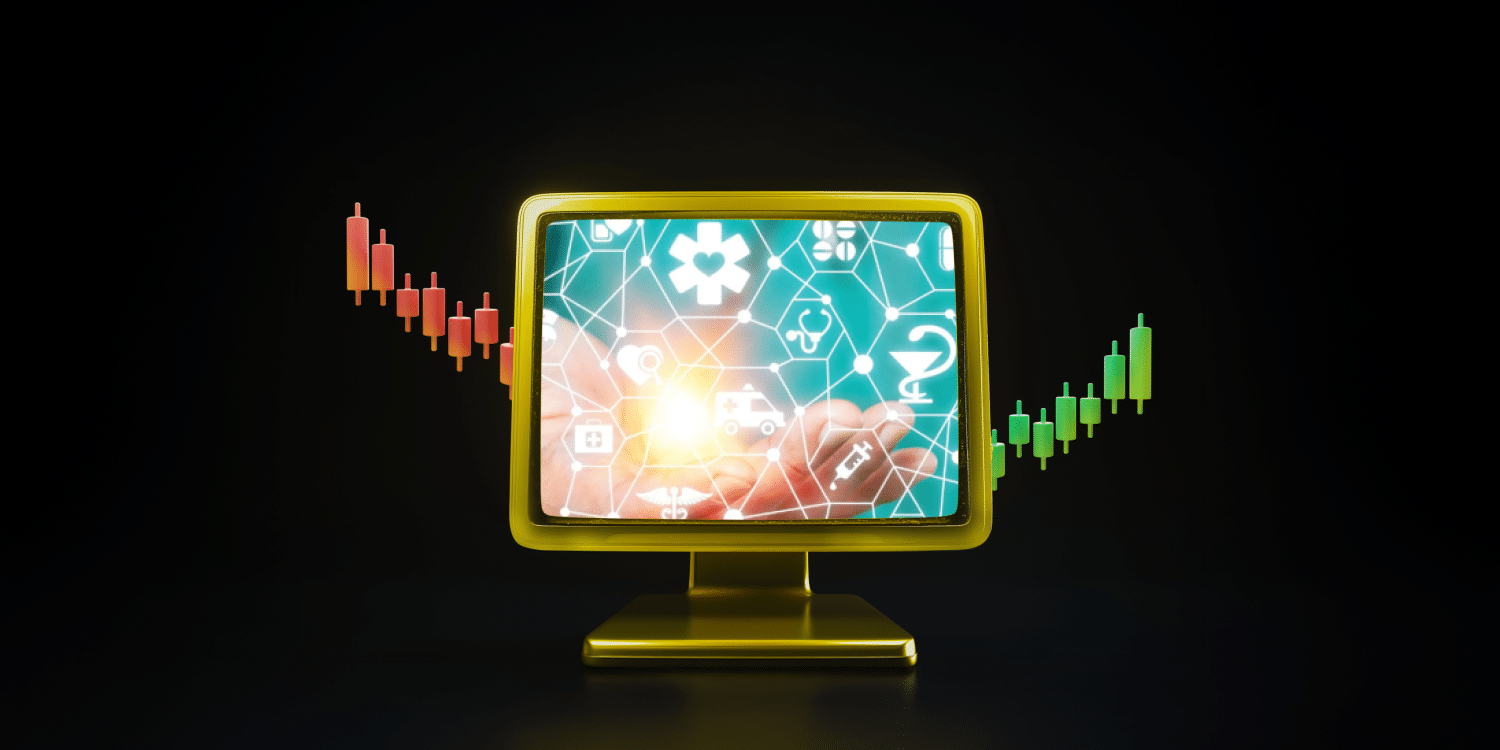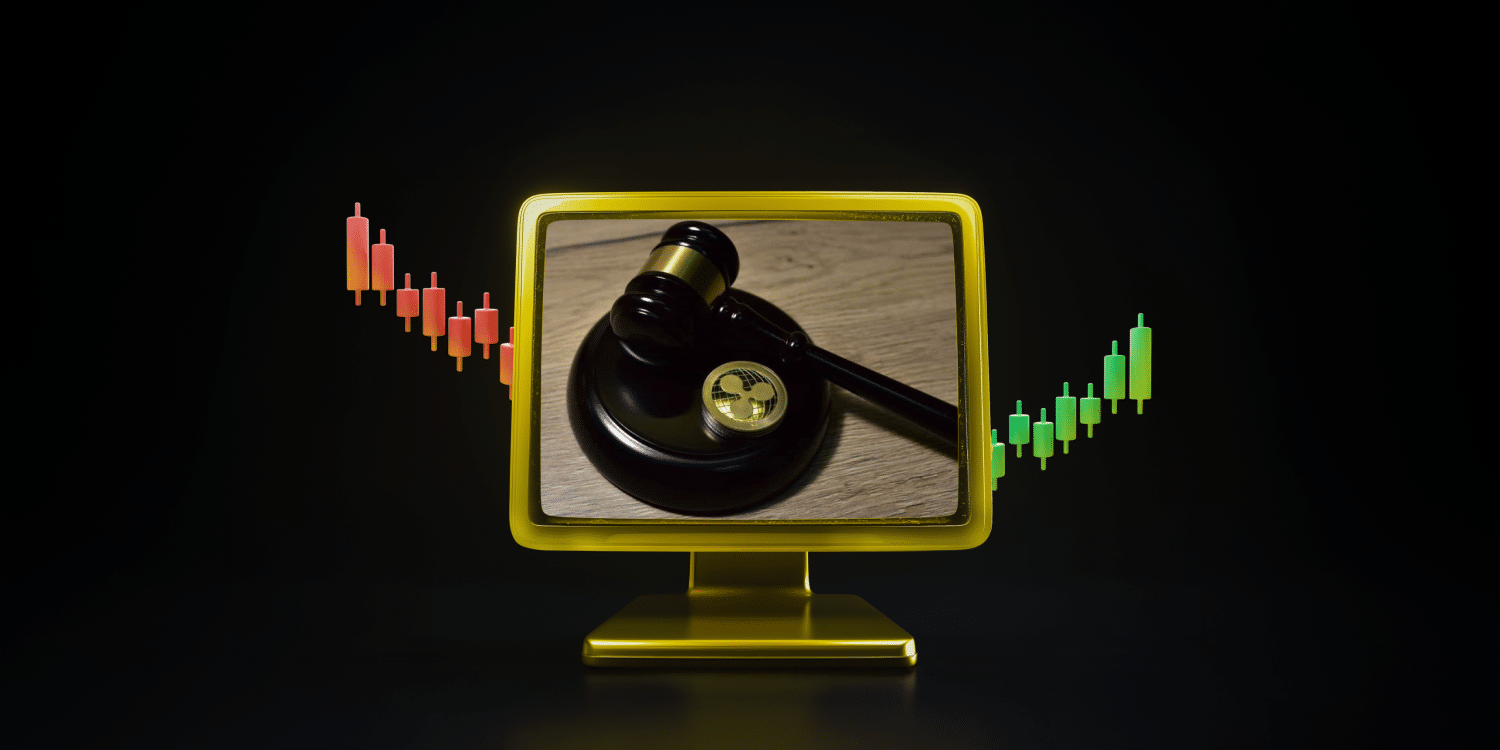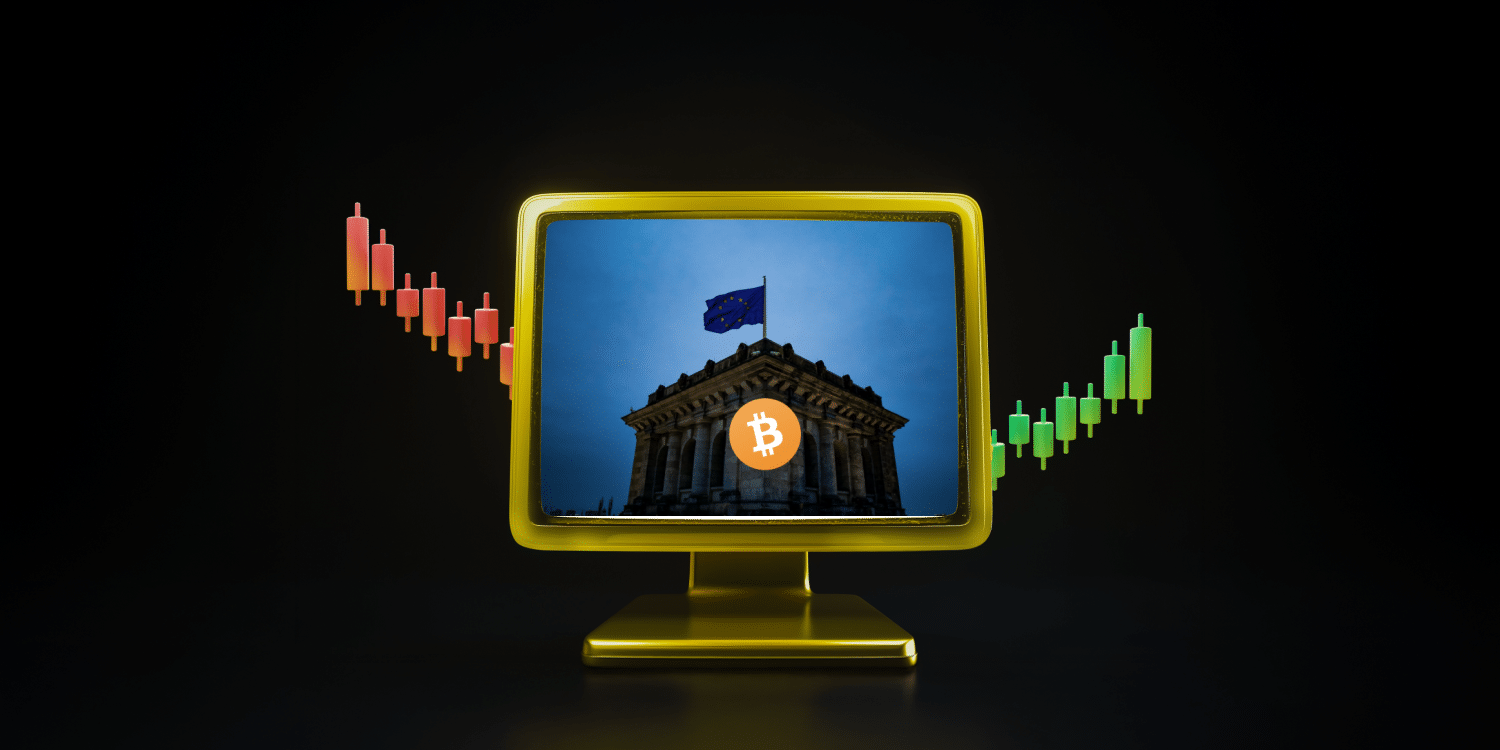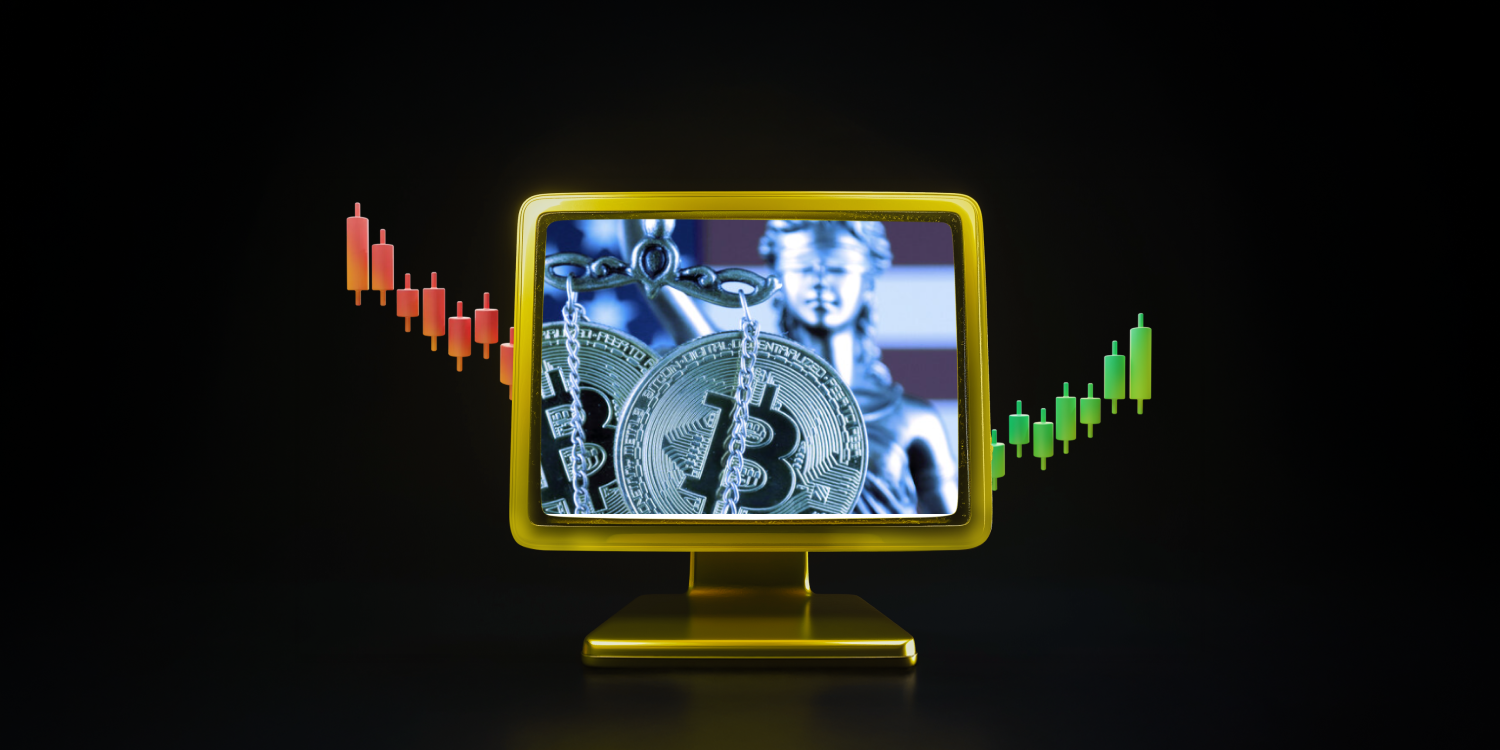Introduction
Blockchain technology stands out as an innovation that has the potential to revolutionize the healthcare industry. With the advantages it offers in terms of security, transparency and efficiency of health data, it finds applications in many areas. Blockchain, which is used in a wide range of areas from electronic health records to the pharmaceutical supply chain, is being integrated into the healthcare sector with the aim of increasing the quality and accessibility of healthcare services.
The Power of Blockchain in Healthcare: Applications and Challenges
Electronic Health Records (EHR)
Blockchain makes electronic health records (EHR) more secure and transparent. By ensuring that patient data is stored securely, it also enables the fast and accurate sharing of data. Thanks to its decentralized structure, patient data is only accessible by authorized individuals. In addition, the accuracy of the data is maintained, as every change in data is recorded. Patients can determine who has access to their health data, giving them more control over it.
Pharmaceutical Supply Chain Management
The pharmaceutical supply chain is crucial for transparency and reliability. Blockchain enables medicines to be tracked from production to the end user. This prevents counterfeit medicines from entering the market and provides accurate information about the origin of medicines. By keeping a record of each batch of medicine, blockchain automates supply chain processes minimizing human errors. This increases overall efficiency and prevents counterfeiting.
Patient Authentication and Security
Blockchain technology secures patient authentication processes. Each patient’s unique digital identity is created and securely stored on the blockchain. This prevents identity theft. In addition, who can access patients’ data can be determined on the blockchain, which ensures data confidentiality. Data is prevented from being altered or manipulated, so that every piece of information remains accurate and secure.
Clinical Research and Data Management
Blockchain enables clinical research to be conducted in a more transparent and reliable manner. While facilitating data sharing between researchers, the accuracy of the data is guaranteed by blockchain. Furthermore, patients’ consent for data sharing can be recorded on the blockchain, which increases transparency. Every research process becomes traceable and auditable, ensuring security and transparency.
Health Insurance and Payments
Blockchain offers fast and secure solutions for health insurance transactions. Thanks to smart contracts, insurance transactions can be automated and payment processes can be accelerated. By verifying the accuracy of insurance claims on the blockchain, the risk of fraud is reduced. With the automation of these processes, cost efficiency is achieved, and manual processes are minimized.
Challenges Faced
In addition to the benefits that blockchain brings to the healthcare sector, some parts of the system may struggle to keep up with the radical changes it brings. First, the healthcare sector is highly regulated, so it may be difficult for blockchain applications to comply with these rules. In addition, the transparent nature of blockchain may pose challenges for the privacy of patient data. Integrating the technological infrastructure of existing healthcare systems into blockchain also poses a significant obstacle. In addition, the high costs and resource requirements of blockchain projects may make it difficult for some healthcare organizations to adopt the technology. Furthermore, the lack of adequate training and awareness of healthcare professionals about blockchain technology may hinder its widespread adoption.
Application Examples
MedRec – Electronic Health Records
MedRec is a blockchain-based electronic health record (EHR) system developed by MIT Media Lab. It is designed to securely store and share patient health data.
- Decentralized data management
- Data sharing in patient control
- Ensuring transparency and data integrity
It helps healthcare providers and patients communicate more effectively by giving patients more control over their own health data.
FarmaTrust – Pharmaceutical Supply Chain
FarmaTrust is a project that aims to prevent the spread of counterfeit drugs by using blockchain technology in the pharmaceutical supply chain. Every stage of the pharmaceuticals (production, distribution, sales, etc.) is recorded on the blockchain.
Features:
- Real-time monitoring
- Verification of product authenticity
- Supply chain transparency
By tracking every stage of the medicines, it prevents counterfeit products from entering the market and increases efficiency in the supply chain.
Guardtime – Data Security
Guardtime is an Estonian-based company that secures health data using blockchain technology. The company guarantees the integrity of health data using strong encryption methods.
- Data integrity verification
- Strong encryption methods
- Decentralized security
Ensures that the accuracy of health data is maintained without manipulation and allows data to be stored in a secure digital environment.
Healthereum – Patient Engagement and Reward System
Healthereum is a blockchain-based reward system to incentivize patient engagement in healthcare. Patients earn rewards for activities such as keeping their health information up to date and interacting with healthcare services.
- Encouraging patient engagement
- Providing rewards for engaging with health services
- Secure management of health data through blockchain
Aims to increase the efficiency of the health system by enabling patients to participate more in health services.
Solve.Care – Health Management and Transaction Automation
Solve.Care is a platform that aims to make healthcare and insurance transactions more efficient through blockchain technology. The platform facilitates data sharing and automates transactions between healthcare providers , patients and insurance companies. Automated payment and transaction management with smart contracts
- Decentralized and secure management of health data
- Easy data sharing between healthcare providers
Reduces operational costs in healthcare and allows processes to be managed more quickly and efficiently.
ClinTex – Clinical Trials and Data Management
ClinTex is a platform that improves clinical research processes using blockchain and artificial intelligence (AI) technologies. It helps to manage clinical trials more efficiently, transparently and reliably.
- Digitalization of clinical research processes
- Ensuring data accuracy and transparency
- Automated reporting and monitoring during the research process
It enables clinical trials to be completed faster and more efficiently, and makes every stage of the research process traceable.
Patientory – Patient Data and Health Monitoring
Patientory is a blockchain-based platform that enables secure storage, sharing and tracking of patient data. It also facilitates communication between healthcare professionals and patients.
- Decentralized patient data management
- Managing patient payments with smart contracts
- Safe communication between health professionals and patients
It supports the acceleration of treatment processes by enabling healthcare professionals to easily access a patient’s past health data.
Future Health Trends and Blockchain
In the future, the role of blockchain in the healthcare sector is expected to expand. The integration of artificial intelligence and blockchain will allow health data to be analyzed more effectively. Blockchain can help the development of personalized medicine; by securely storing patients’ genetic data, personalized treatment plans can be created. Blockchain is also expected to contribute to the expansion of remote healthcare services by ensuring data security in telehealth services. With the increasing use of smart contracts, insurance transactions and payments will become faster and more transparent, and data sharing between researchers and healthcare professionals via blockchain will accelerate scientific research and support innovative solutions in healthcare.





